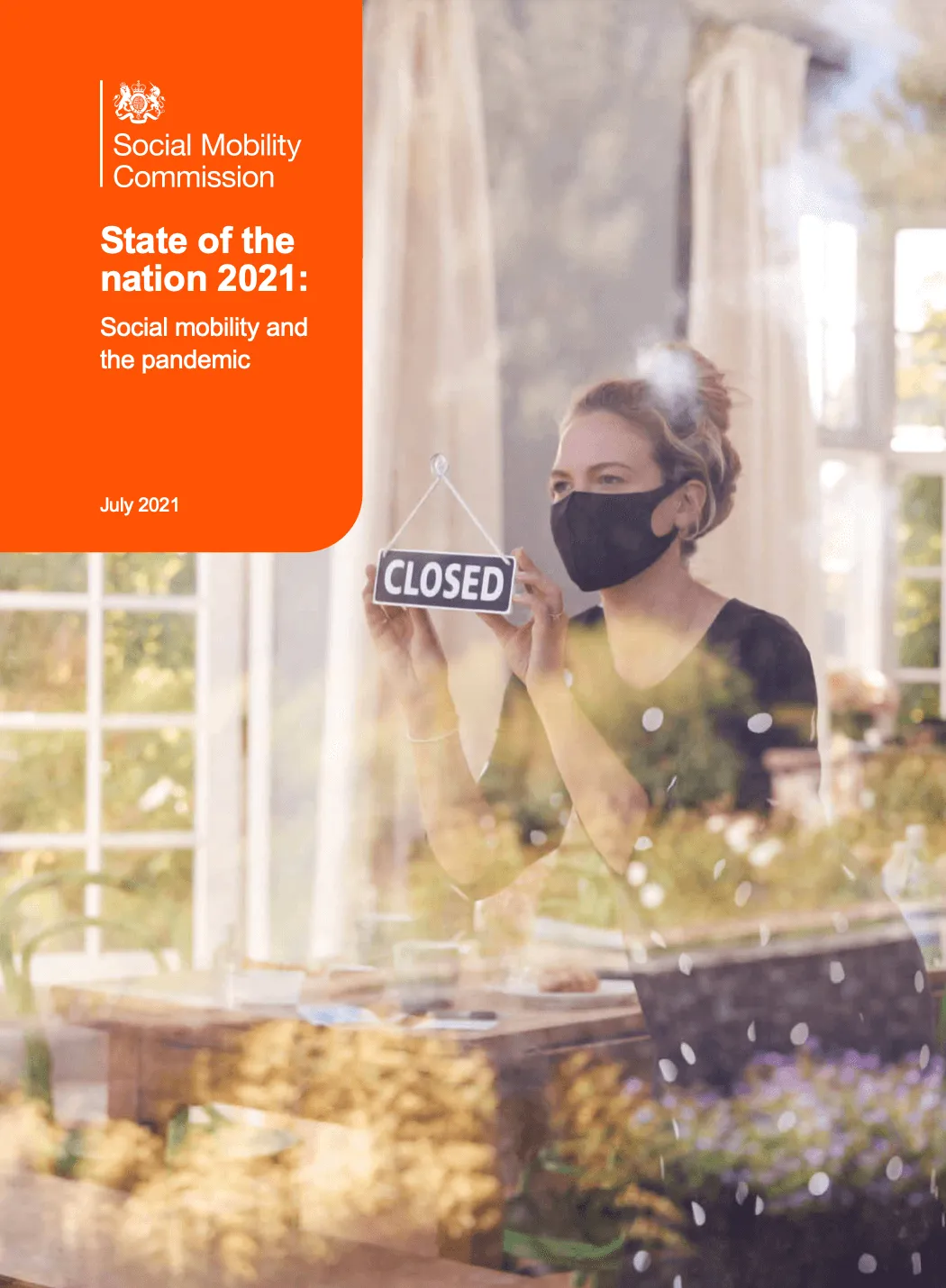
The number of children in poverty in England has risen by around 500,000 since 2012, yet England is the only nation in the UK without a strategy to address child poverty. When the current £20 uplift to Universal Credit expires this autumn, millions more will be worse off.
Child poverty leads to worse health and educational outcomes, reduced development, and ultimately, worse social mobility. It is a preventable problem. Around 4.3 million children in the UK did not ask to be born into poverty, but their futures will be shaped by it nonetheless. With the will, the UK Government could immediately lift 1.5 million children out of poverty. This would raise life outcomes for millions of children, and make a significant, positive impact on social mobility at the same time. To do this, we must focus on both benefits and housing costs.
Child poverty
Ensure that the UK Government’s levelling up strategy integrates social mobility objectives: The levelling up white paper should consider distributional inequalities within areas. Priorities should focus on greater powers for metro mayors, growth and access to professional jobs and the right measurements to track progress.
Design and implement a poverty reduction strategy for England and its regions: Mirroring work that has already taken place in the other nations in the United Kingdom, the UK Government should measure progress using relative poverty after housing costs as the benchmark.
Make benefits pay for children: Increase the rate for children in Universal Credit, legacy benefits, in child tax credit and for child benefits by at least £10 per week per child in the household; remove the two-child limit in Universal Credit, as children shouldn’t be penalised for being born to large households; reassess the benefit cap, to ensure households receive payment based on their needs, which could help the poorest families get by better; reduce the taper rate so that for every £1 you earn in work, your benefits don’t decrease too sharply, to help second earners, particularly women, to get into work.